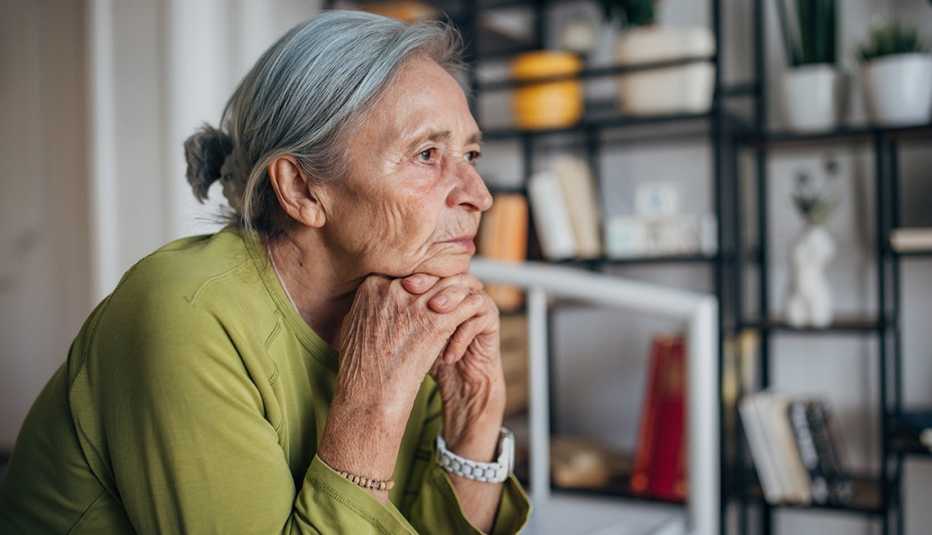AARP Hearing Center


Doctors check your blood pressure, cholesterol and weight. Maybe they should ask you about your social life, too.
That’s because people who struggle with social connection — whether they feel lonely, have few relationships or have troubled relationships — face multiple physical and mental health risks, according to a 2023 advisory from U.S. Surgeon General Vivek H. Murthy. The nation’s “epidemic of loneliness and isolation has been an underappreciated public health crisis,” Murthy said in his announcement about the report, released May 3, 2023.
The impact is big. Social disconnection shortens lives by about as much as smoking 15 cigarettes a day, according to the advisory. The causes are complex, and loneliness and isolation affect everything from inflammation levels in our bodies to the odds that we’ll exercise, eat well or get to a hospital quickly in a crisis. And the problem is widespread: Even before the start of the COVID-19 pandemic, surveys found nearly half of U.S. adults felt lonely.
We’re spending more time alone, and we have fewer friends. Half of adults counted three or fewer close friends in 2021, up from a quarter of adults in 1990. The evidence that all of this is very bad for our health “has been building for decades and across multiple scientific disciplines,” says Julianne Holt-Lunstad, a professor of psychology and neuroscience at Brigham Young University in Provo, Utah. Holt-Lunstad was the scientific editor for the advisory.
Here are six health risks that people who are chronically lonely or isolated face, according to the report.
1. Premature death
People with strong social bonds live longer and are less likely to die from any cause. One review of 148 studies that followed people for an average of more than seven years found that such bonds increased survival odds by 50 percent. That made social disconnection more dangerous than drinking too much, weighing too much or exercising too little, the advisory said.
2. Heart disease and stroke
Evidence is particularly strong that social disconnection is linked with poor cardiovascular health. People with poor social relationships face a 29 percent increased risk for heart disease and a 32 percent increased risk of stroke, according to data from 16 studies.





































































More From AARP
Meet People. Have Fun. Get Happier
Tips and resources to help you find and nurture relationships25 Great Ways to Be a Better Friend
We asked for advice on how to strengthen friendships from relationship authors — here’s what they said
U.S. Surgeon General Vivek Murthy on the Dangers of Loneliness
The author of 'Together' says we need social connections, purpose and solitude for well-being
Recommended for You